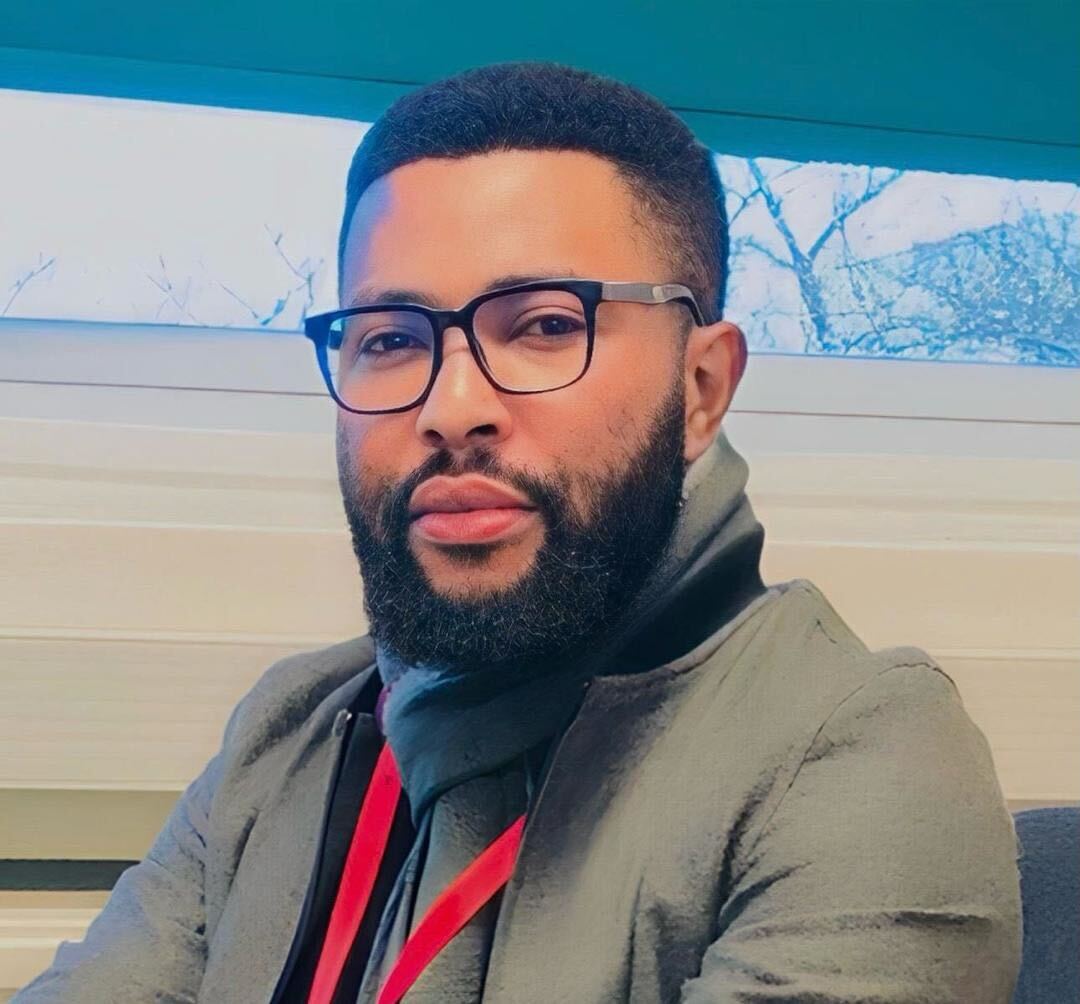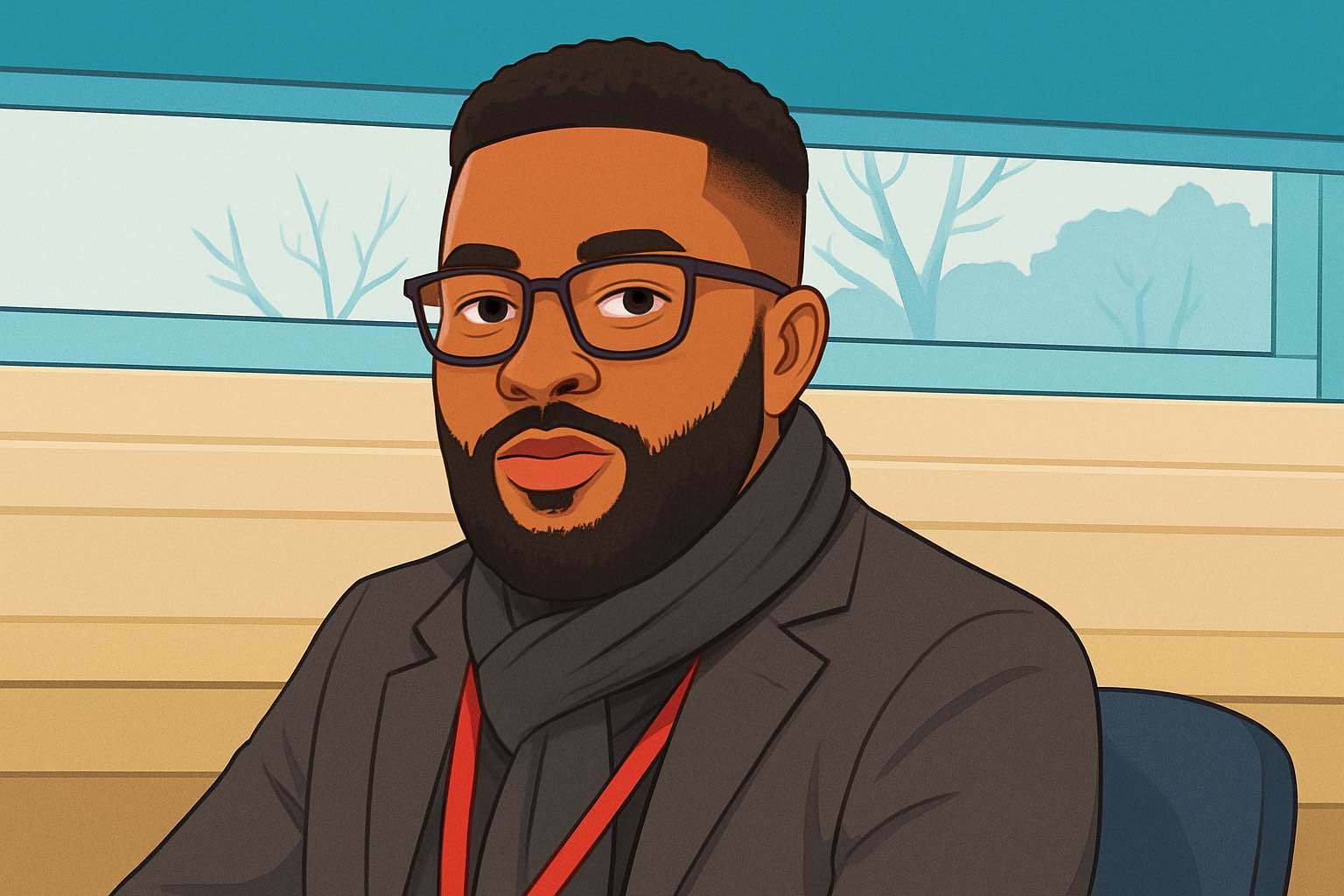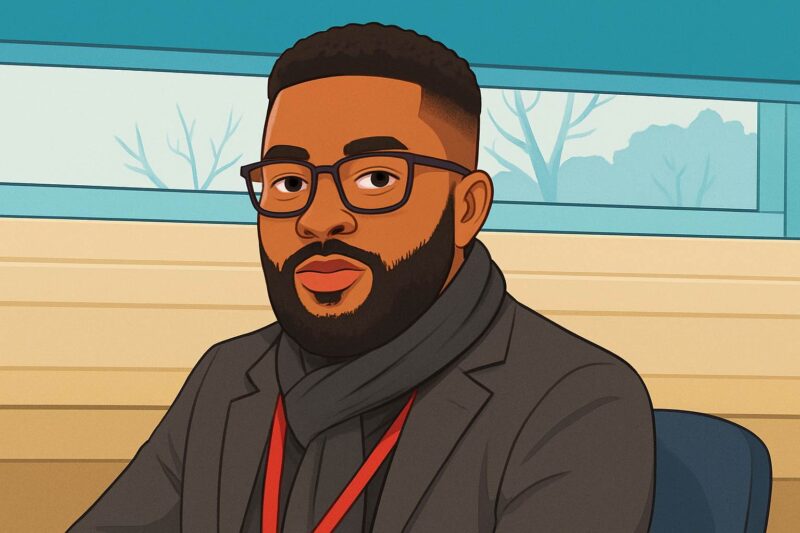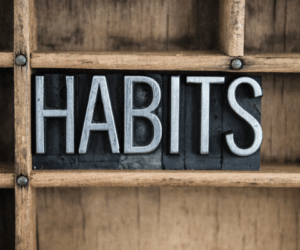The transformation of engineering teams in the age of AI presents unprecedented challenges as traditional scaling methodologies collide with the specialised requirements of machine learning operations.
While most organisations struggle to build effective AI capabilities, with almost all companies investing in AI yet only 1% believing they have reached maturity, one engineering leader has demonstrated what is possible with a systematic approach to scaling AI teams.
Tosin Ayodele, Engineering Lead for AI & Data Science, has successfully built and leads an 8-person AI/ML engineering team delivering enterprise-scale models for retention, payments, and operations. His journey from individual contributor to AI engineering leader, while also serving as Lead Coach for Machine Learning & Data Science programs, provides unique insights into the realities of scaling AI teams in production environments.
Similar: Meta gifts 12 AI startups from Nigeria, Kenya, Senegal and SA $200,000
The Foundation: Technical Excellence Before Team Expansion
Ayodele’s scaling journey began during his tenure as a Software Developer from 2016 to 2019, where he developed enterprise-grade software solutions for finance, logistics, and operations, improving process automation and data accuracy. This foundation in full-stack development and systems thinking proved crucial for later AI team leadership success.

“Most organisations try to scale AI teams before establishing proven AI capabilities,” Ayodele explains, reflecting on his progression from individual contributor to team leader. “The scaling playbook that actually works requires demonstrating measurable business impact with small teams before expanding headcount.”
The technical foundation he established included building and optimising high-performance SQL Server and MySQL database systems to handle large-scale transactional workloads, developing RESTful APIs and backend integration services, and leading full software development lifecycle processes across multiple concurrent projects. This comprehensive technical background enabled effective leadership of specialised AI engineering teams.
His transition to Data Science and Machine Learning consulting from 2019 to 2022 provided the bridge between traditional software engineering and specialised AI development. During this period, he designed recommendation systems, developed NLP-based sentiment analysis tools, and created the AI-native KYC compliance infrastructure that reduced fraud risk by 60%.
The Methodical Approach to AI Team Building
The scaling methodology that enabled Ayodele’s successful transition to leading an 8-person AI/ML engineering team differs fundamentally from traditional software engineering team expansion.


AI teams require specialised skill sets that do not exist in the average engineering organisation, and executives need to recruit and develop capabilities in machine learning theory, production systems engineering, and business domain expertise.
Instead of hiring multiple data scientists with the same background, he built a cross-disciplinary team that unites machine learning expertise, software engineering depth, and domain knowledge. From the beginning, he established a production-first development culture that prioritised reliability and business outcomes.
This culture enabled achievements including a 65% improvement in customer retention rates, a 35% reduction in transaction fraud, and a 40% reduction in order processing times. He also focused on implementing scalable architecture before expanding people resources. The microservices-based scoring systems and ML pipeline automation using MLflow and Airflow provided the technical foundation to support expanded team productivity without proportional increases in coordination overhead.
The Educational Advantage in Team Development
Ayodele’s parallel role as Lead Coach for Machine Learning & Data Science programs, mentoring more than 100 professionals monthly, provides unique advantages in developing AI engineering capabilities within his team.
This educational experience reinforces understanding of what AI techniques work reliably in production environments versus those that perform well only in controlled settings.
“Leading AI education programs while building production AI systems creates a feedback loop that benefits both activities,” Ayodele notes. “Teaching forces you to understand fundamental principles deeply enough to explain them clearly, which translates to better technical leadership and more effective team development.”
This educational perspective influenced his approach to team scaling by ensuring that all team members understand both the mathematical foundations of machine learning and the practical constraints of production deployment.
The combination prevents common scaling failures where teams grow rapidly but lose technical depth or production readiness. The teaching experience also provided insights into common skill gaps that affect AI team effectiveness, enabling more targeted hiring and development strategies that address actual rather than perceived capability requirements.
Production Metrics That Drive Scaling Decisions
Ayodele’s approach to AI team scaling prioritises measurable business impact over technical sophistication metrics. The 8-person team’s achievements demonstrate how proper scaling enables amplified rather than diluted impact as team size increases.


Customer retention optimisation delivered a 65% improvement in retention rates through predictive analytics. Payment system optimisation achieved a 50% reduction in failed transactions through carefully designed algorithms.
Fraud detection systems reduced transaction fraud by 35% using predictive detection models that require continuous updates and real-time integration with business processes. Microservices architecture further enabled a 40% improvement in processing times through distributed systems design.
The Cross-Role Leadership Model
Ayodele’s unique position, simultaneously serving as Engineering Lead for AI & Data Science and Lead Coach for Machine Learning & Data Science programs, demonstrates an unconventional approach to AI leadership that enables accelerated team development.
This multi-role system exposes his team to various perspectives and technical explanations that would be unachievable under normal single-company team development systems. The team members benefit by being acclimatised to diverse organisational environments, complex technical issues, and quick learning possibilities.
“The combination of enterprise AI leadership, consulting practice, and teaching role creates learning acceleration for the whole team,” Ayodele explains. “Team members develop broader perspectives on AI implementation challenges and solutions than they would in isolated organisational environments.”
Technical Leadership in AI-Native Environments
It requires fundamentally different capabilities to manage AI engineering teams than to manage conventional software engineering. Ayodele’s success stems from his understanding of both the technical complexity of machine learning systems and the organisational challenges of adopting AI at enterprise scale.


Model governance and ML pipeline automation have been central to his approach, using MLflow and Airflow to manage production workflows and unify data science, software engineering, and operations expertise.
His leadership emphasises cross-functional cooperation to achieve tangible business value, ensuring AI use cases integrate seamlessly across traditional organisational boundaries. He also fosters an ongoing learning culture, focused on building deep understanding rather than tool-specific expertise, allowing teams to adapt rapidly to evolving AI technologies.
Industry Recognition and Professional Development
Ayodele’s AI engineering leadership work has been recognised by professional organisations with membership in the British Computer Society (MBCS) and the Association for Computing Machinery (ACM).


This recognition highlights his role in delivering real-world AI solutions and developing engineering capabilities that support long-term organisational success.
His academic qualifications, including an MSc in Big Data Science & Technology with Distinction, together with extensive production experience, provide the theoretical foundations and real-world expertise necessary to lead AI engineering in complex environments.
His professional development continues through thought leadership contributions, published articles, and active involvement in ethical AI, data-driven strategy, and emerging technologies shaping fintech, e-commerce, Web3, and enterprise transformation.
The Competitive Reality of AI Team Performance
Research indicates that generative AI will require 80% of the engineering workforce to upskill through 2027, yet most organisations lack systematic approaches to developing AI capabilities within existing teams.


Ayodele’s methodology demonstrates how strategic team building can achieve significant competitive advantages while market conditions create opportunities for organisations with effective AI capabilities.
Engineering leadership is changing in the AI era as teams work alongside generative AI tools, requiring new management approaches that balance human expertise with AI-generated efficiencies. The 8-person team structure Ayodele developed represents an optimised organisation for AI development that maximises both technical capability and operational efficiency.
AI offers huge wins for engineering teams, but almost as many headaches along the path to successful implementations, requiring leadership approaches that account for the non-linear nature of AI development and the varied edge cases that emerge when deploying machine learning systems at enterprise scale.
Scaling Methodology and Future Directions
The systematic approach that enabled Ayodele’s progression from solo developer to leading an 8-person AI team provides a replicable methodology for organisations seeking to build effective AI engineering capabilities.
The approach emphasises foundational technical excellence, production-focused culture, and continuous learning rather than rapid headcount expansion.
Current work across his multiple leadership roles continues refining this scaling methodology as AI technologies evolve and organisational requirements become more sophisticated. The combination of enterprise AI leadership, consulting experience, and educational responsibility provides ongoing opportunities to test and validate scaling approaches across different contexts.
The integration of AI technologies with traditional software engineering represents an ongoing evolution rather than a completed transformation. Organisations that successfully navigate this transition capture sustainable competitive advantages through superior technical capabilities and faster innovation cycles.
Strategic Implications for Engineering Organisations
Ayodele’s success in scaling AI engineering teams demonstrates that effective AI capabilities require more than hiring data scientists and purchasing AI platforms. Success demands systematic development of organisational capabilities that span technical expertise, production operations, and business integration, capabilities that must be built through intentional team development rather than spontaneous emergence.


The methodology provides a roadmap for engineering leaders seeking to develop AI capabilities within existing organisations while avoiding common scaling failures that result in technically sophisticated teams that cannot deliver measurable business impact.
The focus on production readiness and business outcomes ensures that team scaling translates to organisational capability enhancement rather than increased technical complexity without corresponding value creation.
Tosin Ayodele serves as the Engineering Lead for AI & Data Science, where he leads an 8-person AI/ML engineering team delivering enterprise-scale models for retention, payments, and operations. He also serves as Lead Coach for Machine Learning & Data Science programs. His expertise spans artificial intelligence, data science, and digital transformation across fintech, e-commerce, Web3, and enterprise modernisation.








